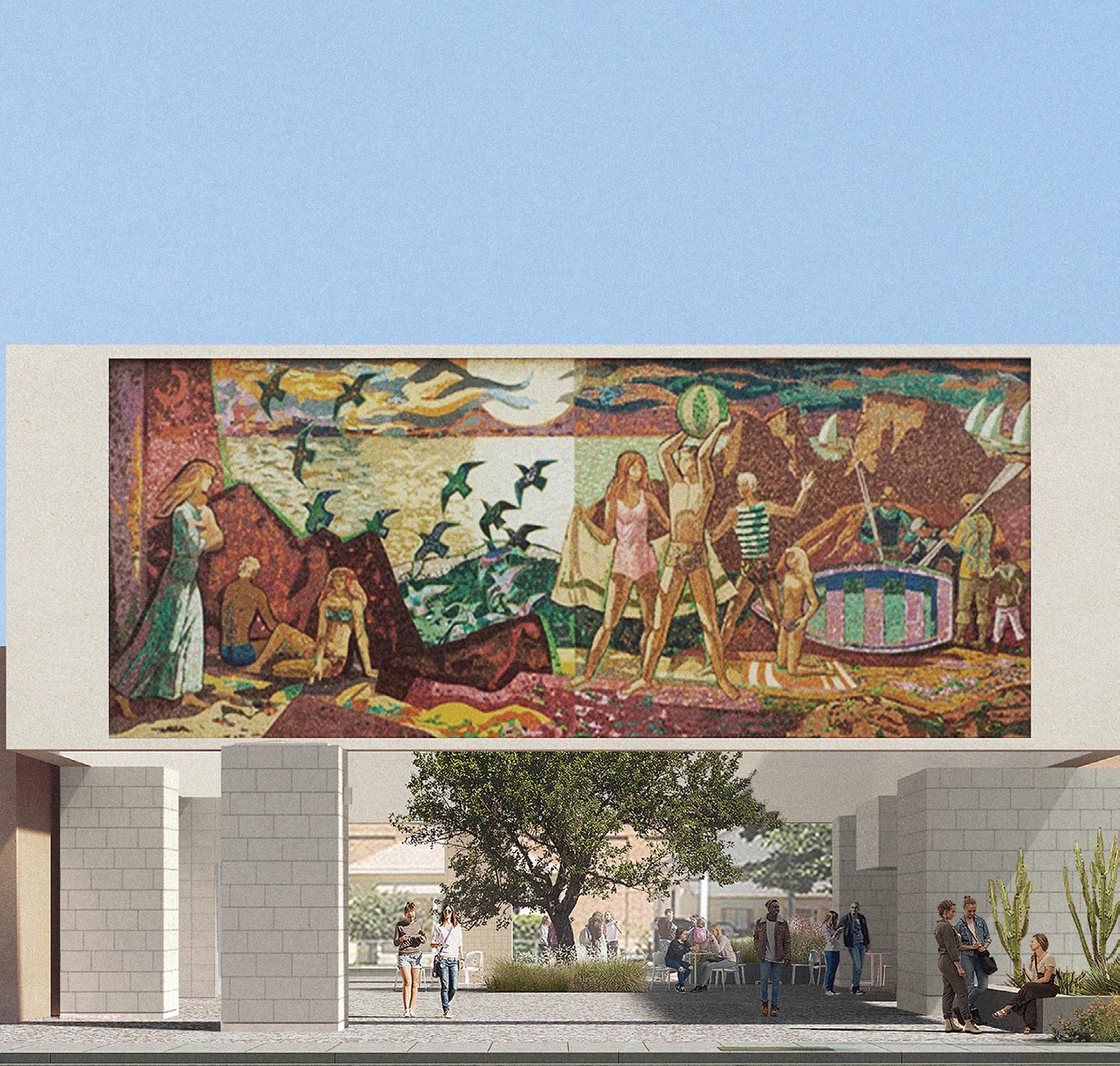CHAPMAN NOW
VICTIMS OF HATE GET THEIR DAY IN COURT BY DENNIS ARP
Testimony of Chapman sociologist Pete Simi leads to judgment against organizers of Charlottesville rally. Two weeks into the high-profile trial of the white nationalists who organized the deadly Unite the Right rally in Charlottesville, Va., Chapman University sociologist and hate group researcher Pete Simi finally got his chance to testify as an expert witness.
HE WAS MORE THAN READY FOR THE MOMENT “Simi’s testimony was devastating,” the Slate online news magazine reported in its trial coverage. “He explained, in the most academic terms possible, the degree to which the performance artistry of the white supremacists is not accidental. It’s deliberate stagecraft, constructed to promote both violent spectacle and plausible deniability.” The verdict against rally organizers “offers an opportunity to capture truth in terms of the historical record,” Pete Simi says. Nine days later, a jury found Richard Spencer, Christopher Cantwell and other white supremacists and neo-Nazis liable of conspiracy for their role in the 2017 rally that injured dozens and killed Heather Heyer, who was hit by a car driven into a crowd of counter protesters. The jury awarded the plaintiffs more than $25 million in damages.
REVEALING THE VIOLENT INTENT BEHIND THE RALLY Much of the team’s report was gleaned from alt-right conversations on the chat platform Discord. “When you go behind the scenes and look at where Unite the Right was planned on Discord, and you see the volume of references to using violence during the rally, it’s overwhelmingly clear that this event was organized for the purpose of committing violence,” Simi said. The judgment has the potential to greatly deter the white supremacist movement, Simi said. But beyond that, the jury’s decision “underscores why the court system is so important,” he added. “It offers an opportunity to capture truth in terms of the historical record.” On a personal level, the more than 1,000 hours of research time Simi spent poring over hateful conversations online and then testifying in court also produced some emotional scars, he said. “A lot of what we went through is vile, toxic material advocating for various kinds of violence, in some cases using the crudest of images,” he said. “It’s something I’ve been immersed in for a long time, but it still takes an emotional and psychic toll. In essence, you’re exposing yourself to poison.”
The result in the civil trial was “[The jury᾽s decision] particularly satisfying for Simi, an associate professor in Chapman’s underscores why the court Wilkinson College of Arts, system is so important. It offers Humanities, and Social Sciences an opportunity to capture truth in whose intensive research takes him terms of the historical record.” deep inside the minds and motives of white supremacists. Simi, co-author Pete Simi of the book “American Swastika: Inside White Power Movement’s Hidden Spaces of Hate,” has lived with those espousing racist ideology to try to understand them better. He has compiled 20,000 pages of life histories from interviews with former members of white supremacist groups.
So it matters that the effort wasn’t in vain. “It’s worth it to expose that truth,” he said.
He also studies events like the Unite the Right rally, including online messaging before and after such events. For the trial of the rally organizers, he and sociology research colleague Kathleen Blee of the University of Pittsburgh compiled a 63-page research report showing how the defendants had worked together to promote the event while also trying to hide behind coded messaging full of dog whistles and doublespeak.
Chapman Professor Pete Simi, right, and University of Pittsburgh colleague Kathleen Blee developed a 63-page research report that decoded messaging used by the defendants before the Unite the Right rally. JUNE 2022
47















